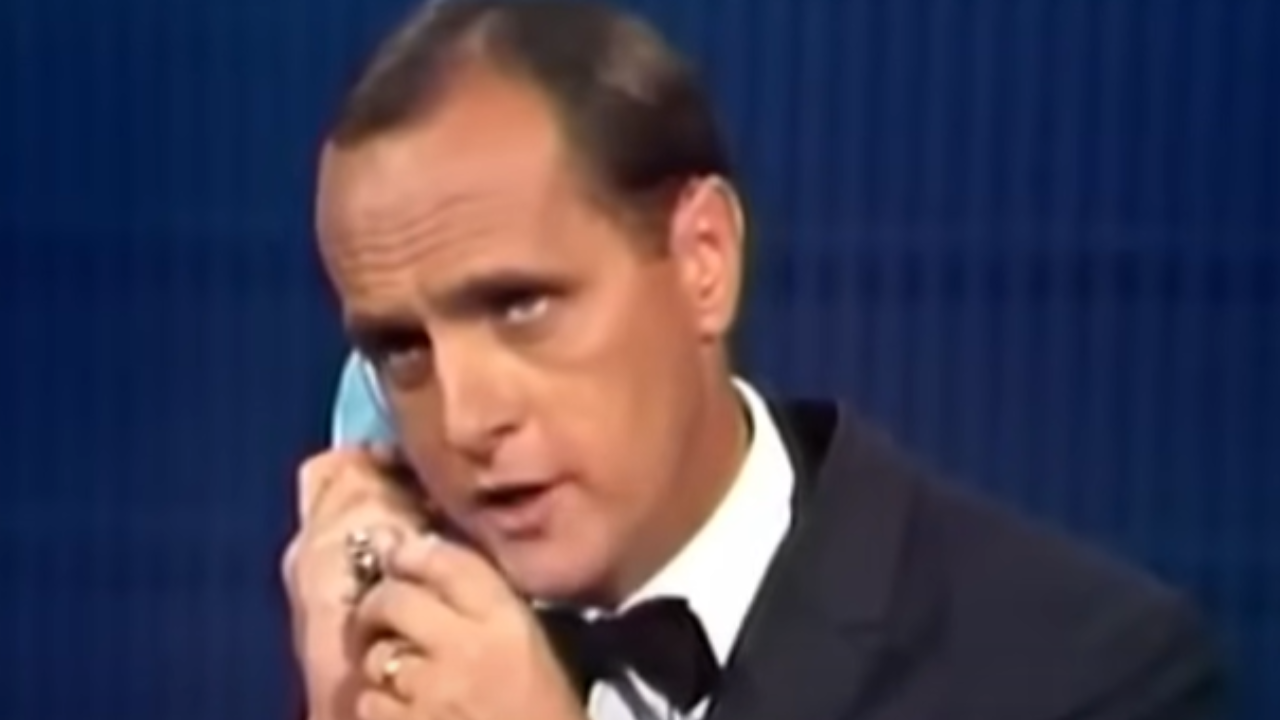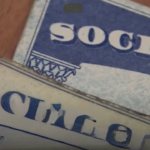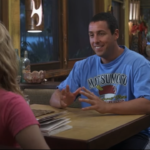Bob Newhart Tribute Special on CBS Draws 4.1 Million Viewers
Bob Newhart: The “Entertainment Tonight” program “A Legacy of Laughter,” which paid homage to the legendary comedian after his passing, attracted 4.1 million viewers on CBS on Monday.
Many in the community of The Catholic University of America remembered with fondness that actor and comedian Bob Newhart gave the address at the 100th commencement ceremony on May 17, 1997, before passing away on July 18 at the age of 94. Newhart was also the happy father of a Cardinal, having graduated from the University in 1989 with a bachelor’s degree in English. He later got an honorary doctorate in humane letters from the institution.
The Grammy and Golden Globe winner began his professional life as an accountant before becoming well-known for his groundbreaking stand-up comedy albums. Later, the devout Catholic rose to fame thanks to his sitcoms, “Newhart” and “The Bob Newhart Show.”
“I can’t imagine anything that would bring me more joy, but I certainly don’t delude myself that there aren’t certainly more important things to do in life than make people laugh,” Newhart said to the graduates, their families, the instructors, and the staff in attendance.
Speaking to the class of 1997, Newhart provided a unique perspective on the ways in which humor can both rescue and mold lives. Newhart’s characteristic sharp and sardonic insight into faith and life was evident throughout the speech.
“It has been discovered that humor also liberates us,” Newhart remarked. That may sound like a strange conclusion, but free men will always be free as long as the dictator is unable to dominate their thoughts. In POW camps and behind the Iron Curtain, humor was common.
For that, I will live on in history. Considering everything I’ve achieved, I will be remembered for saying “Hi, Bob.”
Being asked to speak at the commencement in 1997 moves and honors me. Though they might look like tears, these are actually allergies. With a focus on Yeats’ poetry, my son earned a degree in English literature from this institution in 1989. You all know that when you open the classified ads, all you see are page after page of job postings for scholars of Yeats.
The renowned violinist Jascha Heifetz was asked to perform in Grange Hall in Minot, North Dakota, and he agreed to do so at some point in December. This story came to me when I was asked to speak at the commencement. He called and apologized that he wouldn’t be able to make it because of the awful weather in New York as December approached. the man who made the arrangements for him to have an appearance there. He then declared, “I will.” After leaving New York, he traveled to Denver, boarded a small aircraft, and eventually arrived in Minot at around 11 o’clock at night. When he entered Grange Hall, there were 12 people inside.
“I apologize for being unable to appear in front of such a small audience,” he remarked. You mentioned that 3,000 persons were present. And he responded, “Well there were, but they were afraid you wouldn’t show up.”
He continued, “I’ve never appeared in front of such a small audience.” And he was told, “Jascha, if you could just sing one or two songs, that would be…,” by the man who had organised his attendance.
I am therefore slightly honored, if that makes any sense. I’m honored, but I’m not convinced you have the correct man. I’m 1/4 German, 3/4 Irish, and Irish Catholic. Since Germans have never been recognized as one of the greatest fun races in history, I’m very sure the humor originates from the Irish half. The issue facing Germans
German humor is particularly idiosyncratic compared to American comedy; we frequently make really strange jokes and say the exact opposite of what we intend. “I don’t mean to bother you but your friend Curly over there has no hair at all on his head and Tiny is over 350 pounds,” a German traveler might say as they approach.
While several of my acquaintances are Jewish and some are Protestant, I was reared Catholic. The message of all religions is to “be nice to each other.”
As you are aware, we have a confession in the Catholic church. Furthermore, non-Catholics find it extremely difficult to comprehend how we enter this tiny, dim chamber and confess the horrible things we have done throughout the week. However, there are some methods you pick up if you’re raised Catholic: you sit in the very last pew and observe the two lines move; you enter the line that moves the fastest.
Everybody has done that.
When I was a kid in Chicago, going to confession was always best done right before the Notre Dame-SMU game. That priest was open to hearing anything, including “I just killed my family.” “Well, my son, don’t do it again,” she said, the sound of the game playing in the background.
The requirement to understand the commandments for your first confession struck me as the most difficult aspect of becoming Catholic.
As I mentioned earlier, I grew up in Chicago. I’m not sure about D.C., but you could travel ten or twelve miles in Chicago and never even come across a false idol. The last thing you’re going to do is stop your car and worship it, even if you do.
“Lock your door, honey, I’m pretty sure that’s a…yeah, that’s a false idol over there,” you could say turning to face your wife.
The second commandment that confused me was “Thou shalt not covet thy neighbor’s wife.” When I was seven years old, I always believed the priest to be telling us not to “cover” our neighbor’s wife, and I didn’t want to do that in any case. Apparently, though, covering your neighbor’s wife is only wrong if you do it.
You’re free to cover all the other spouses in the area, but you had better get started on confession the moment you cover your neighbor’s wife.
I read several other commencement addresses in order to get ready for today. It appears that a mention of Aldous Huxley’s Brave New World is required. Additionally, you just need to create the impression that you are intellectual in order to convey the idea that you are. You do not actually need to BE intelligent. In most cases, you can achieve this simply citing Katka—even if you haven’t read any of his or her works.
One common thread that runs through commencement speeches is the importance of the speaker’s line of work.
I shall now make an effort to defend my line of work. The range of writers on humor and laughter, including Aristotle, Plato, Hobbes, Freud (who wrote a treatise on the topic), Kant, Schopenhauer, Spenser, and Arthur Roestler, who devoted the first ninety pages of his book The Act of Creation to humor and its role in the creative process, astounded me when I reread some of the books I had previously read on the topic.
Another thing comedy does, I’ve discovered, is it sets us free. That may seem like a strange conclusion, but free men will always be free as long as the dictator cannot take control of their thoughts. In POW camps and behind the Iron Curtain, humor was commonplace.
We also deal with the unexplainable through humor. A few years back, an earthquake occurred in Los Angeles, and I heard my first earthquake joke no more than three or four days thereafter.
A person said, “The traffic is stopped, but the freeways are moving.” Laughing separates us. It enables us to take a step back from an uncontrollable situation, deal with it, and then go on with our lives. It aids in setting humans apart from animals.
Hyenas are not genuinely laughing, despite how they may sound. Furthermore, it defines our sanity. There is no sense of humor in the schizophrenia. His environment is consistently intimidating and hostile. The man from the country can laugh at himself.
Those who have a good sense of humor are usually less narcissistic and more realistic in their outlook on life. They also tend to be more modest when things go well and less dejected when things are tough.
Though I can’t think of anything that would make me happier, I don’t fool myself into thinking that there aren’t more worthwhile endeavors in life than making people laugh.
I now want to extend my congratulations to the 1997 class. Best wishes!









